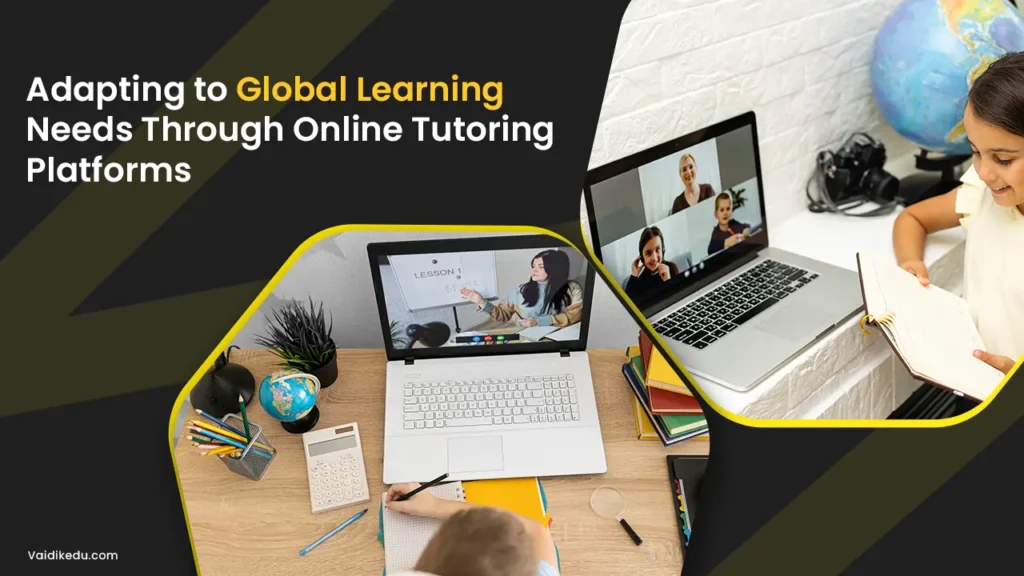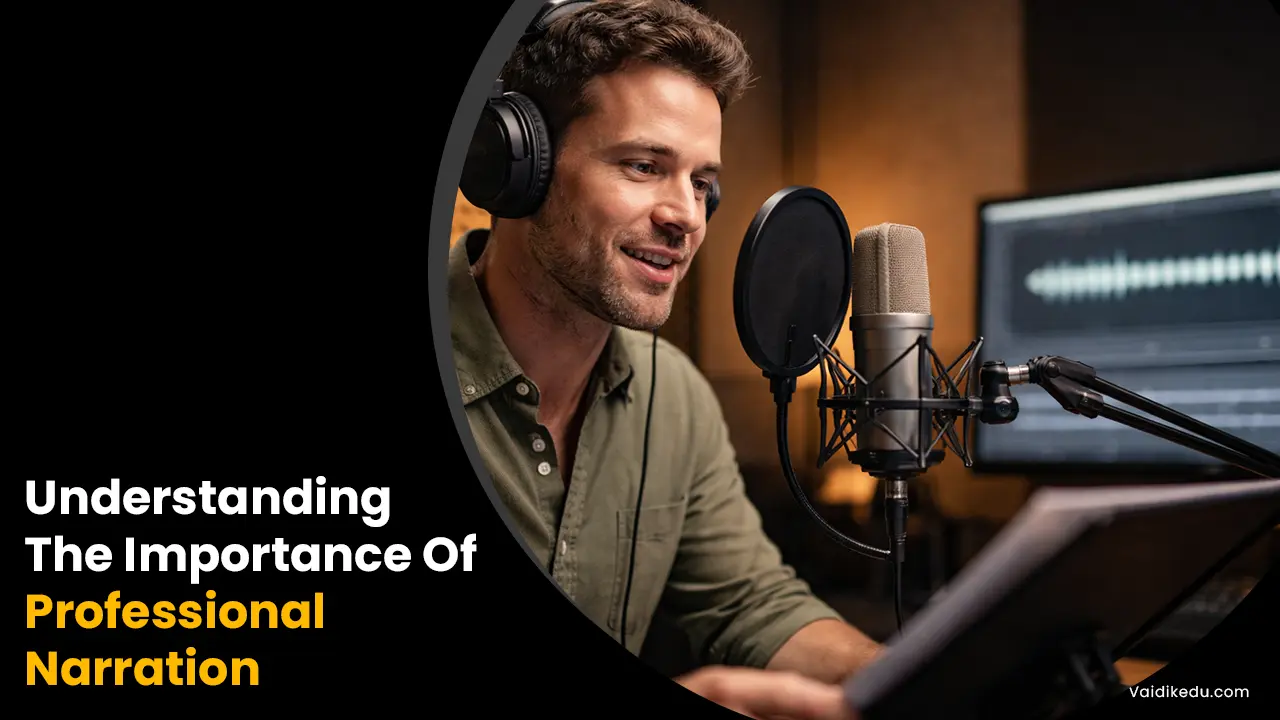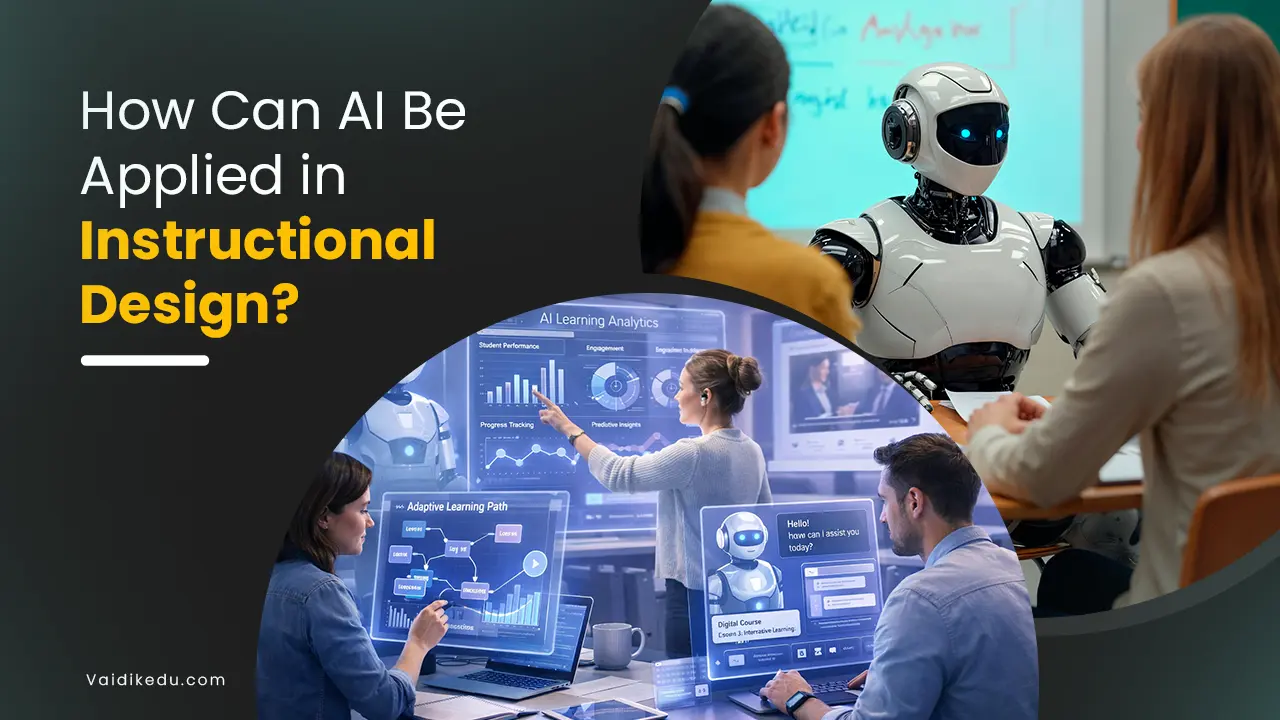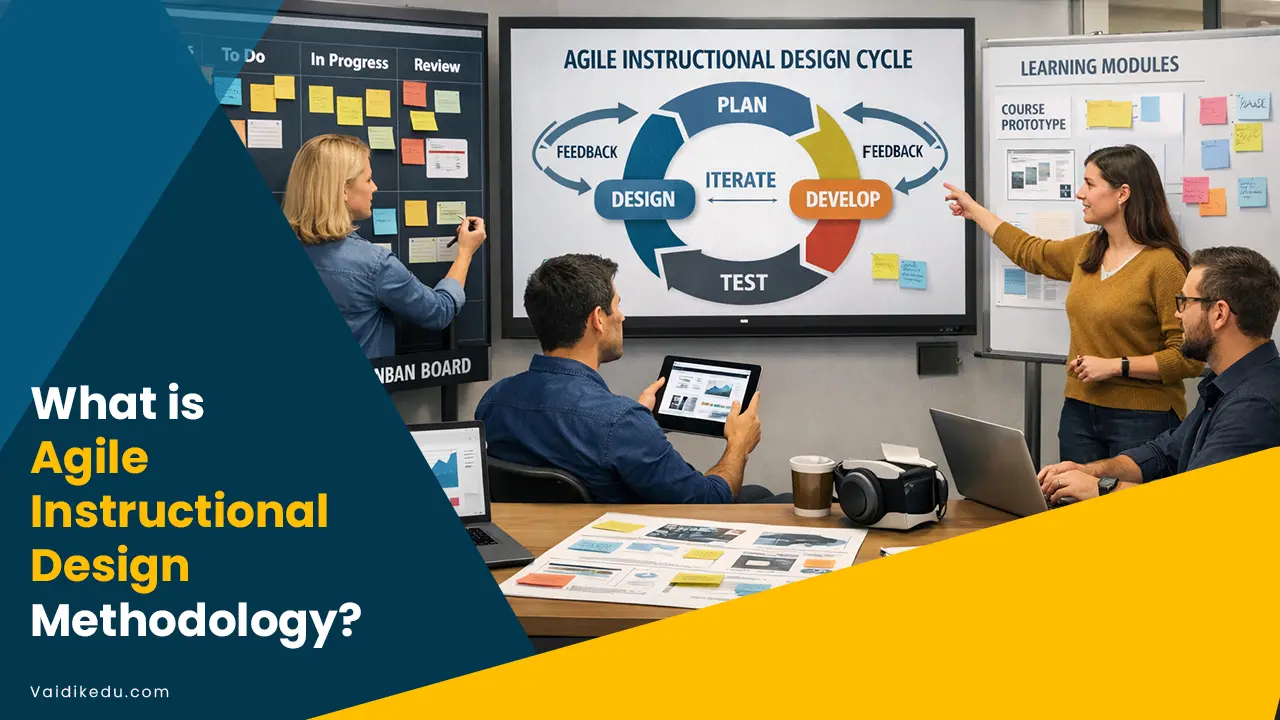There is increasing interconnectivity around the world. Education can’t remain in the traditional classroom. Globalisation, technological changes, and the needs of different kinds of learners are stimulating a massive growing demand for flexible, accessible, and personalised learning solutions.
Online tutoring has become a powerful solution that has bridged geographical gaps and allowed students to access some of the highest-quality education from anywhere.
These services are available to school students and working professionals looking to enhance their skills. With features like adaptive learning, real-time feedback, and AI-powered personalisation, online tutoring has revolutionised education and learning.
Nonetheless, adapting to global learning needs requires continued innovation. One such issue is addressing the challenges of digital accessibility, engagement, and inclusivity.
Evolution of Online Tutoring:
Over the years, online tutoring has seen massive changes and a transition from just text-based activities to an interactive tool that can help offer highly customised experiences in learning the entire stock.
The concept was first of a direct person meeting with tutors through local connections and educational institutes that provided access. It remained practical but proved restrictive due to spatial boundaries, restricted schedules and expensive rates.
The Internet, which boomed in the late 1990s and early 2000s, brought about the first wave of online tutoring, which mainly used emails, discussion forums and simple LMS. This allowed students to seek academic support beyond their immediate surroundings. However, the learning process was still synchronous, and real-time engagement lagged.
Technological advancements have made online tutoring sites integrate live video sessions, interactive whiteboards, and real-time chat features into virtual learning.
When AI-driven adaptive learning came in, it provided the means of customising educational content based on student progress. More engagement came from gamification, virtual reality We Are and artificial intelligence AI for better interaction and effectiveness in learning.
Online tutoring platforms offer various courses, shooting diverse learner needs in different subjects, languages, and levels. These online learning platforms have allowed quality education to reach students’ homes across geographical boundaries, displacing traditional models to define how learners receive knowledge.
Meeting Diverse Learning Needs:
Online tutoring services have revolutionised education, giving students worldwide learning experiences that fit their needs. While one approach often applies in the traditional classroom, flexibility, inclusivity, and accessibility characterise the approach for online tutoring learners from various backgrounds, styles, and abilities.
One of the significant advantages of online tutoring is that it can cater to multiple learning styles. Interactive videos, infographics and digital whiteboards benefit visual learners, whereas auditory learners can assess recorded lectures, podcasts and real-time discussions.
Kinesthetic learners who understand concepts more through hands-on activities can use gamified learning modules, simulations, and interactive exercises. Many platforms implement AI-driven, adaptive learning that monitors a student’s progress and caters lessons to the pace and level of understanding.
It also addressed our language and geographical barriers. Multilingual support and the global availability of tutors allow students to understand their choice of language and interact with educators from every corner of the Globe, exposing them to different teaching and cultural approaches.
Online tutoring for students with specific educational needs offers features such as screen readers and subtitles with dyslexia-friendly fonts, which are also available, combined with one-to-one learning tailored to their particular needs.
Online tutorship has vast flexibility as such, a condition that makes studying at a specific pace, including scheduling according to one’s pattern. It does well with employees, students around the globe, and any other multi-jobber.
Innovations in utilising technology enable any online tutor to ensure education encompasses all without inequalities that most usual learning approaches and models are inapplicable on.
Challenges in Online Tutoring:
Online tutoring has transformed education, making learning easier and more flexible. Several challenges arise for students and even educators. These range from technological barriers to engagement issues, security concerns, and the need to ensure quality education.
Some of the significant problems relate to the digital divide. Learners from less privileged backgrounds or areas with remote settings may not be able to get stable Internet access, proper devices or basic digital literacy without these core Resources.
Most learners are denied the benefits of online learning; hence, they are far apart from the well-off and poor students. Further, poor connectivity bugs in the learning platform and software incompatibility are common issues that disrupt the learning process and cause frustration.
Critical issues in online tutoring also include data privacy and security concerns. For example, AI-powered education platforms and cloud-based learning tools often store sensitive information in online environments, leaving such data vulnerable to cyber-attacks.
Accordingly, measures that promote data protection, secure payment gateways, and observe privacy regulations are vital in building trust in digital learning environments.
Lastly, teacher-student interaction and bonding can be more challenging in virtual learning environments. A lack of personal attachment and nonverbal cues can sometimes make the effective teaching-learning process difficult.
The tutor must exert more effort to create an interactive and supportive atmosphere through individualised feedback, constant follow-up meetings, and dialogue.
Given the challenges described, online tutoring evolves with each technological advance and innovative teaching method to transcend these difficulties. If such obstacles are tackled, online education could become more efficient, accessible, and mighty in reaching all learners around the globe.
Case Studies of Successful Online Tutoring Platforms:
Several online tutoring platforms have responded to the world’s learning needs by providing creative, flexible, and accessible education solutions. The case studies demonstrate how the various platforms react to challenges, use technology to their advantage, and change the learning experience of students around the world.
- Khan Academy: Democratizing Education Through Free Learning
Khan Academy is a non-profit platform changing online learning since it provides free and high-quality educational resources on all possible subjects, including math and science, up to the humanities, with video lectures, interactive exercises, and a learning dashboard tailored to the student’s progress.
It is already one of its enormous successes for underprivileged students who lack quality education. During the pandemic of Covid-19, Khan Academy played an essential role in supporting remote learning and helping millions of students continue their education despite school closures.
- VIPKid: Individualized English Education for Chinese Learners
VIPKid is a virtual English education company that provides native English-speaking teachers from anywhere. Students across China use a one-on-one teaching format. The system allows for individualised teaching that caters to the student’s learning requirements.
Its curriculum is structured with engaging lesson plans and real-time video interactions, making learning the English language interactive and practical. Vip Kids’ innovative approach has helped students improve their language skills and provided flexible work opportunities for thousands of educators globally.
- Chegg Tutors: On-Demand Academic Assistance
Chegg tutors provide immediate subject-specific tutoring to high school and college students. Cheque offers learners an easy way to connect with experts in their field of study to ensure they can always get fast, tailored academic help when needed. One of its essential features is that it is available 24/7, making help available for those seeking it at any time. Chegg tutors also use AI-driven suggestions so that learners can quickly find relevant study materials and practice exercises based on their questions.
Those case studies indicate how online platforms have applied technology accessibility and innovative teaching methods to solve different learning needs. Each platform has contributed to making education more inclusive, flexible, and practical, paving the way for the future of digital learning.
Frequently Asked Questions
Online tutoring websites cater to all learning styles, including interactive videos, live sessions, gamified learning, and AI-driven lessons. They are also multilingual, accessible to students with special needs, and flexible in scheduling, so learners across different time zones can learn quickly.
These common challenges include the digital divide in student engagement, data privacy, and the maintenance of tutor quality. Improved access to the Internet, more engaging teaching/learning Methods, cyber security, and standardised assessment and training programmes for tutors will elevate these challenges.
They offer high-quality education through strict screening processes, such as screening their tutors for using AI to track students’ progress and soliciting student feedback. They also partner with reputable educational institutions, conduct constant assessments, and offer personalised learning paths.









